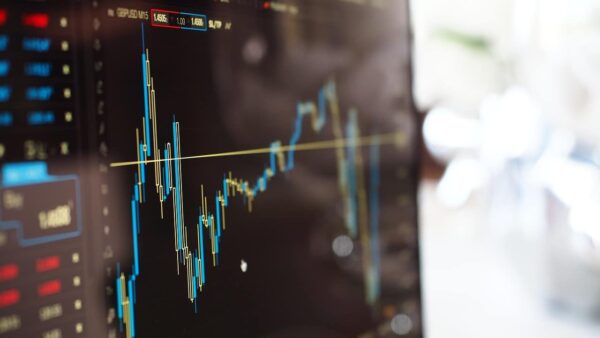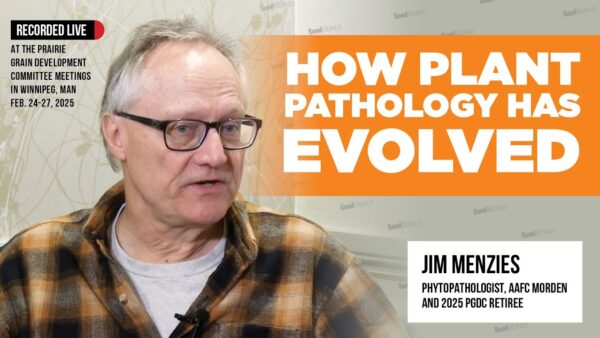Verdant Partners published their annual whitepaper, Global Food and Agribusiness M&A Review 2019: Highlights and insights of significant transactions, investments, and partnerships impacting the global food and agriculture industry. Midway through 2020, Seed World PRO caught up with PRO Advisor Garrett Stoerger, Partner at Verdant Partners, to get his revised take on last year’s report.
Observations and M&A Drivers Amidst a Global Pandemic
Status Quo
Despite the turmoil that has impacted the broader worldwide equity markets, and the resultant appetite for M&A that many public companies have, the food and agribusiness space remains fairly steady. This can be attributed to many factors, but the largest catalyst is that the need for food supply is a constant that provides insulation to even the most extreme of market forces. Since the early days of COVID-19, we have seen virtually no reduction in the workload or interest from investors.
Travel Restrictions
Access and cost of transportation is more abundant in 2020 than ever before, and consequently, many global business people lead quasi-nomadic lives. While I firmly believe there is no replacement for face-to-face interaction, the number of video-conferencing outlets and other forms of telecommunication that are available to us today is astonishing. Never before has such forms of communication been in demand, and they have overwhelmingly filled the void of travel being a “necessity.” That said, we look forward to eventually turning the corner on the current travel restrictions.
Cash Management
In times where there is economic uncertainty, the saying “cash is king” is more important than ever. When caught between slow-paying customers and demanding suppliers, some companies very quickly find themselves short on working capital. While larger companies have access to credit facilities, smaller companies may deplete their operating line of credit and still find themselves short on cash. This short term deficit can have severe consequences, which in some cases lead to the need to seek outside capital in the form of an M&A transaction.
Supply Constraints
Firm-wide, across most subsets of the food and agribusiness space, we continue to notice that the number of high-quality and desirable businesses that are available for purchase are scarce. While seemingly counter to logical thinking, we would still characterize the current situation as a “seller’s market.” Moreover, those companies that prove to be resilient to major market downturns and maintain profitability increase their attractiveness and serve as a natural hedge against an otherwise depressed market.
Long-Term Horizon
While it is inherently risky to be bold when the world is otherwise brought to its knees, those companies that can look past the short-term disruptions of COVID-19 can reap significant long-term rewards. Every crisis creates opportunities to become better prepared for the future, whether that be securing supply lines, expanding retail presence, or improving infrastructure. So long as the target return is measured in years and not months, not taking action can actually be riskier than the alternative.











